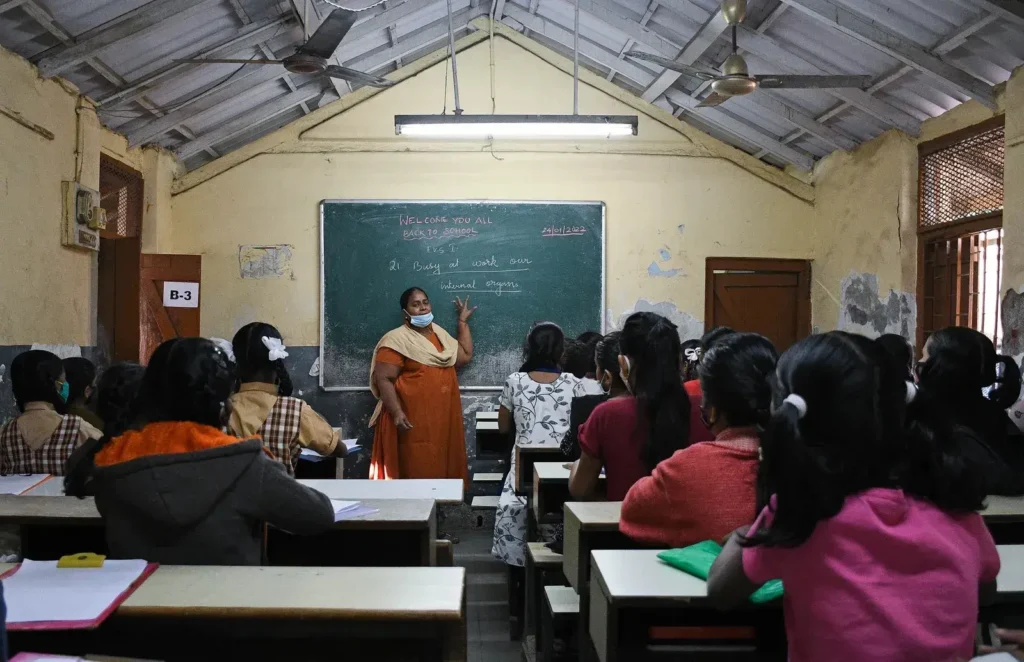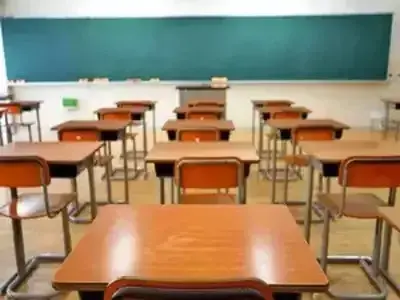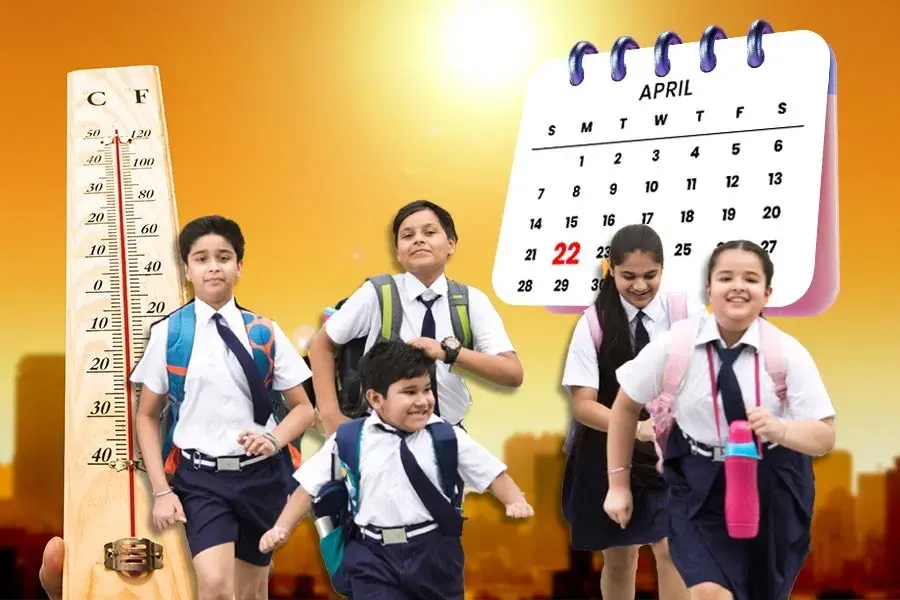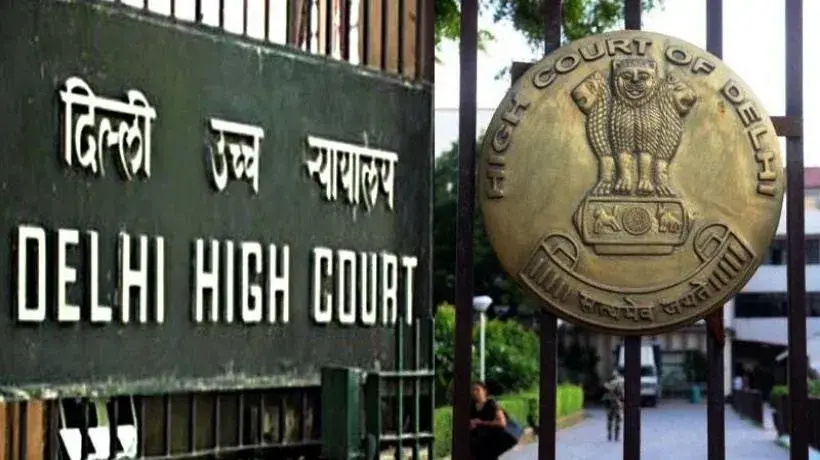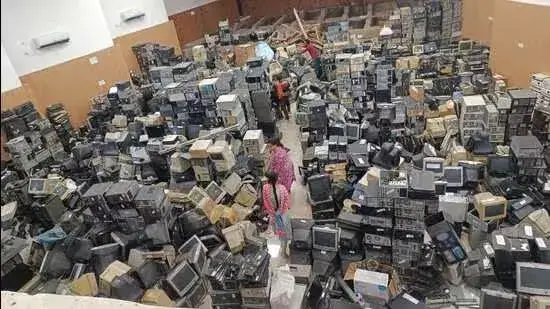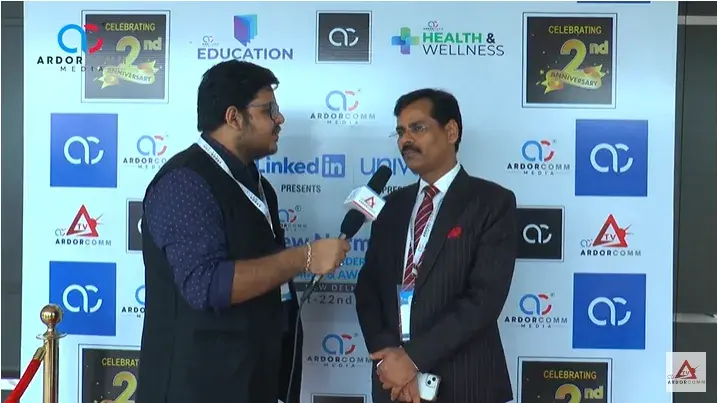Haryana Revises School Timings Amid Heatwave Alert; Announces Summer Vacation
In response to a heatwave alert issued for several states, the Haryana government has announced revised school timings. Starting immediately, the first shift in all schools will run from 7 am to 12 pm, while the second shift will commence at 12:45 pm. This change applies to both government and private schools across the state. Additionally, the Haryana government has declared summer vacation for all schools, starting June 1 and lasting until June 30, 2024. This decision, based on a press release, aims to protect students from the extreme heat predicted by the Meteorological Department. According to weather forecasts, Haryana will experience intense heat waves in the coming days, with temperatures potentially reaching up to 46 degrees Celsius. In light of these conditions, weather experts have issued yellow and orange alerts for various districts. The revised school timings are expected to provide some relief to students during this period of extreme heat. By adjusting the hours of operation, the government aims to reduce the exposure of children to the harshest parts of the day. Similar measures are being taken in neighboring regions. All government schools in Delhi were closed on May 11, while summer vacations in private schools are expected to start in May. In Uttar Pradesh, summer vacations are set to begin by May 25, 2024, across most schools. Additionally, schools in areas where Lok Sabha voting will take place will also be closed to facilitate the electoral process. These steps reflect a broader effort to ensure the safety and well-being of students amid extreme weather conditions. As temperatures continue to rise, the proactive measures taken by the Haryana government and other states aim to mitigate the risks associated with the heatwave.

